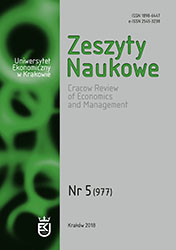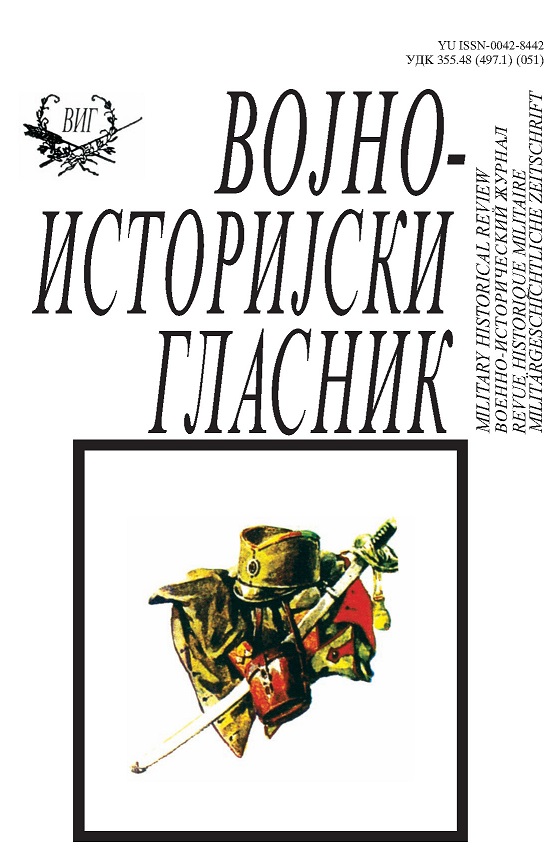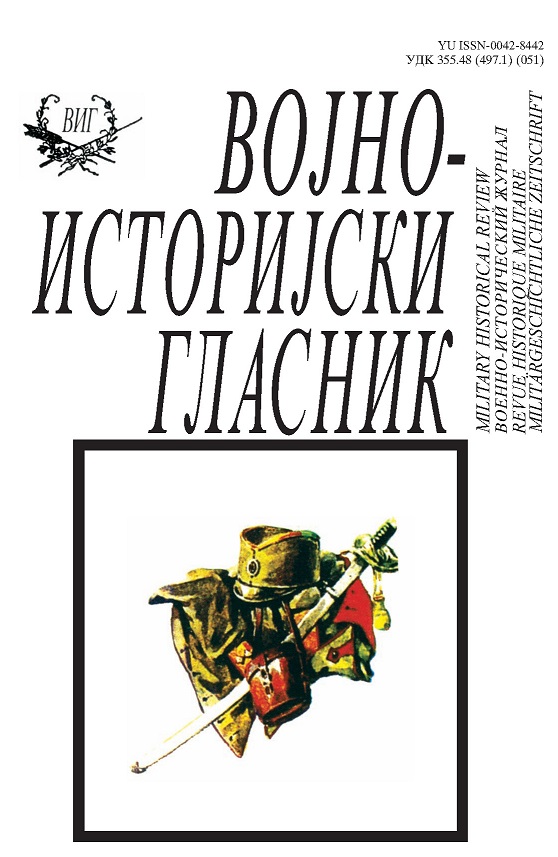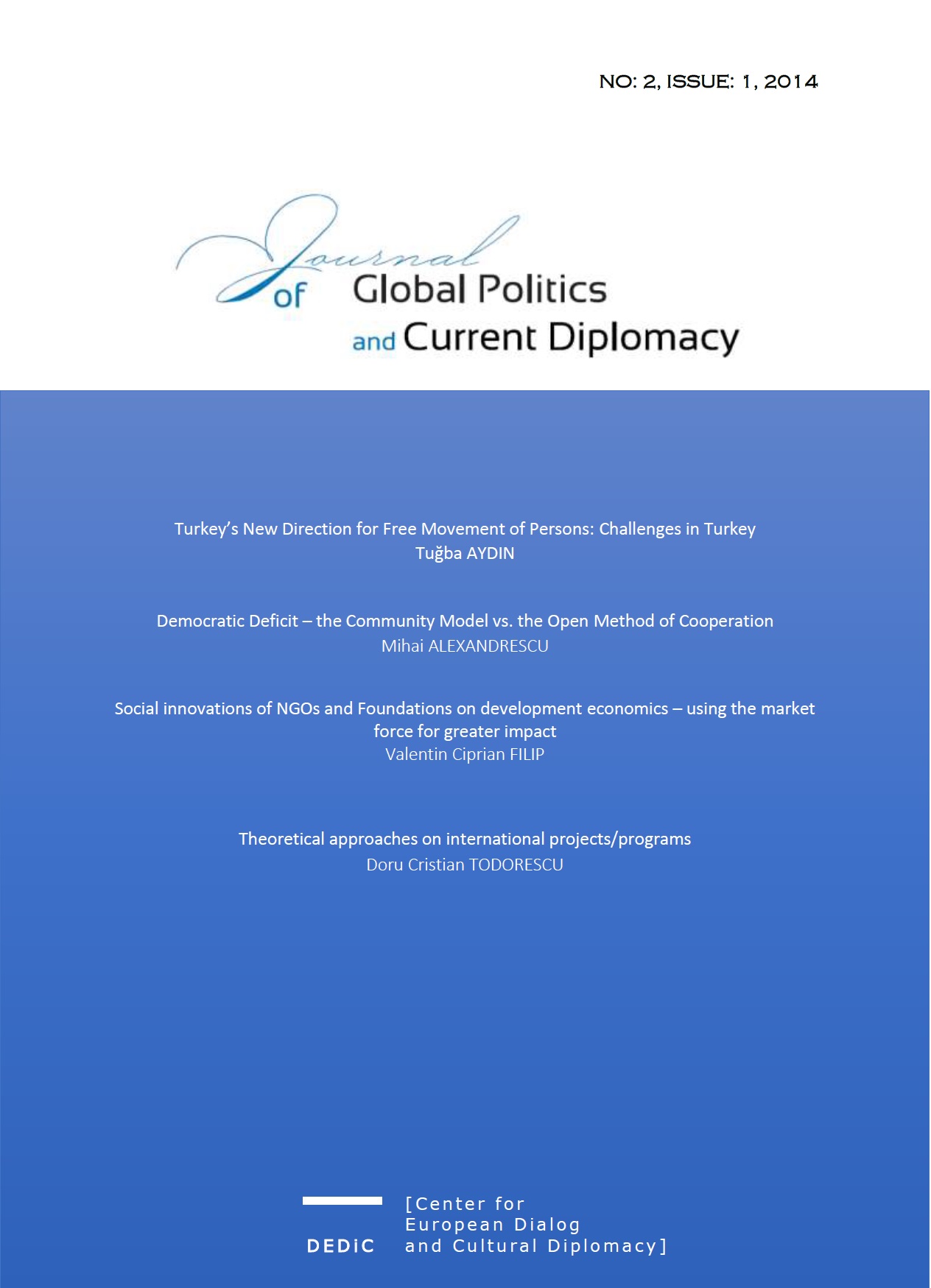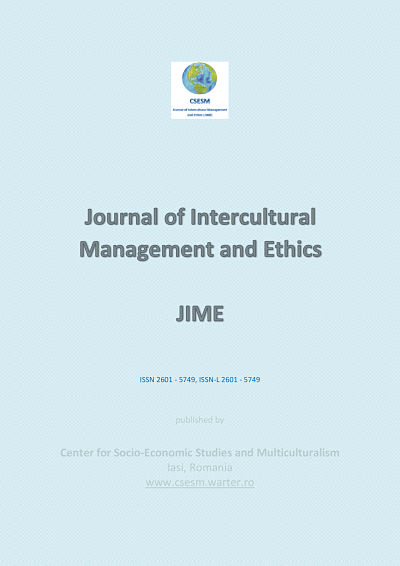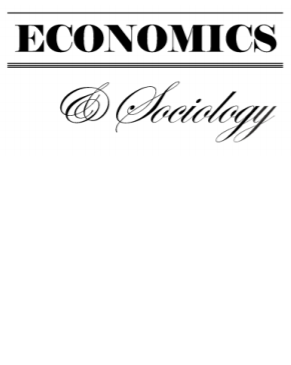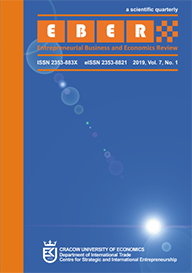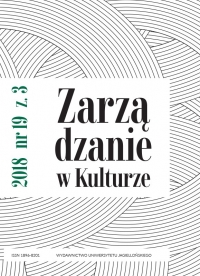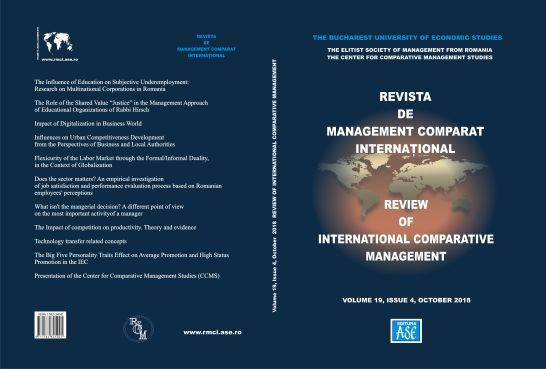
Influences on Urban Competitiveness Development from the Perspectives of Business and Local Authorities
This paper aimed at identifying factors that could support increasing urban competitiveness or on the contrary, which may have negative effects on the level of urban competitiveness. The work highlighted a series of viable actions through which Bucharest could maintain a satisfactory level of urban competitiveness. This was accomplished through an empirical research on the urban competitiveness of Bucharest, which included the analysis of the questionnaire results applied on three large employers in Romania in order to test the hypotheses and to capture the factors that could increase the urban competitiveness of Bucharest. Also, the paper revealed the role of local actors regarding the factors that influence competitiveness and what caused Bucharest's decline in terms of urban competitiveness in 2018 compared to 2017.
More...
